CRISPR: Medical Breakthrough or DYSTOPIAN NIGHTMARE?
Gene editing shows great medical promise. But there's a dark side.
Note: This post includes spoilers for the film Gattaca.
When film writer and director Andrew Niccol made the movie Gattaca (1997), he offered a potential chilling intersection of technology and ethics.
It’s a sci-fi drama set in a dystopian future where genetic engineering determines social status. Ethan Hawke plays Vincent Freeman, who, although born naturally and deemed "in-valid," dreams of becoming an astronaut despite his genetic flaws.
Through deception and determination, he assumes the identity of a genetically "valid" man, Jerome, played by Jude Law, to infiltrate the elite Gattaca space program and travel to Titan, Saturn’s largest moon.
For most casual moviegoers at the time, the idea that anything like that could happen was wildly futuristic. Something perhaps their great-great-grandkids would deal with.
But while fans munched popcorn and sipped soda in theaters across the country, researchers had already been modifying genes for years.
The director said he was inspired by both fictional works, such as Brave New World, and real-world events, like the Human Genome Project, which ran from 1990 to 2003, aimed at mapping the human genome.
Still, genetic modification dates back to 1973, when scientists Herbert Boyer and Stanley Cohen pioneered recombinant DNA technology, which involves cutting and pasting DNA from one organism to another to pass on new traits.
A decade later, Monsanto researchers genetically modified a tobacco plant to resist antibiotics. By 1994, three years before Gattaca’s release, people had been eating the first commercially approved genetically modified crop, called the Flavr Savr tomato, designed to ripen slowly to extend freshness.
But that was over 30 years ago. Just like electronics, genetic modification has advanced exponentially with the development of Clustered Regularly Interspaced Short Palindromic Repeats, or simply CRISPR technology. In short, it’s a way to edit out unwanted cellular invaders that cause disease and disorders in a more efficient manner.
Yet with such new technology comes ethical questions.
Slowing vegetable decay and treating hereditary conditions via genetic modification seems like a great idea now, but will that launch us to a Gattaca-like world?
Argument: Gene Editing Will Change Humanity for the Better

Every orchid or rose or lizard or snake is the work of a dedicated and skilled breeder. There are thousands of people, amateurs and professionals, who devote their lives to this business. Now imagine what will happen when the tools of genetic engineering become accessible to these people. -Freeman Dyson
Supporting Points
Eliminating Hereditary Disease
Advancing Medical Breakthroughs
Enhancing Agricultural Sustainability
Prolonging Healthspans
Personalized Medicine
Point #1: Eliminating Hereditary Disease
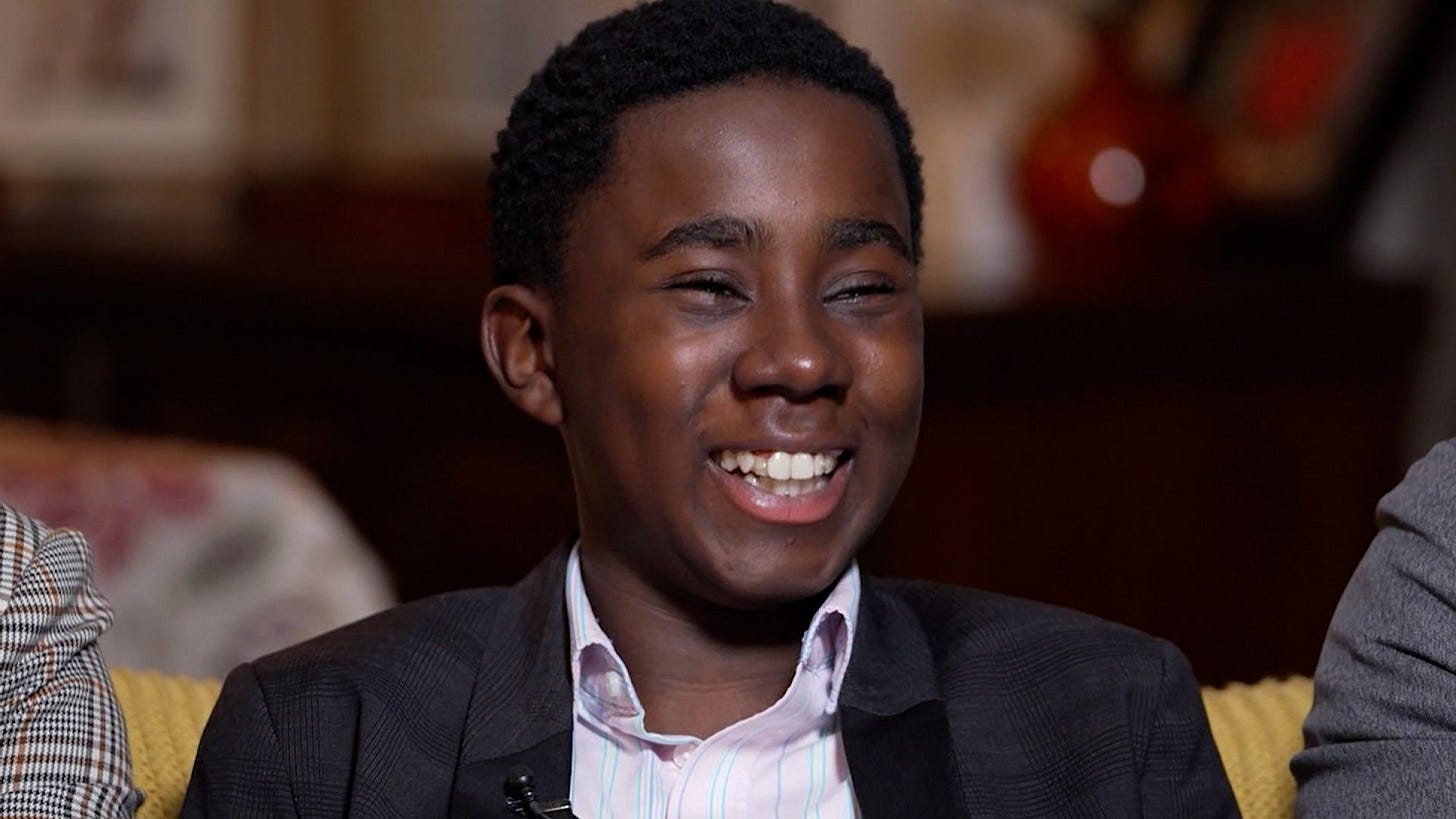
With CRISPR technology, we can target specific genetic mutations that result in ailments like cystic fibrosis or Duchenne muscular dystrophy, which could impact both immediate patients and their future offspring.
In 2021, scientists corrected the sickle cell mutation in Johnny Lubin, a child who regularly experienced severe back pain, limiting his childhood. Removing suffering from people of the present and future saves extreme heartache and medical costs.
Point #2: Advancing Medical Breakthroughs

The days of treating symptoms are over. With gene editing, scientists can accelerate research by creating precise genetic models of diseases in humans, animals, and plants.
CRISPR technology enables scientists and medical experts to gain a deeper understanding of cancer pathways and rare disorders, paving the way for new treatments for conditions like Alzheimer’s disease.
Point #3: Enhancing Agricultural Sustainability

Everyone loves a seedless watermelon, but CRISPR can do much more with agriculture by designing plants to be resistant to drought, pests, or fungal infections. This means using fewer poisonous chemicals as fertilizers or bug repellents.
For example, scientists had success with editing rice genes, making them more resistant to natural environmental stressors that could lead to widespread hunger. Australian researchers did something similar with bananas impacted by a soil-borne fungus.
Point #4: Prolonging Healthspans
Perhaps not everyone wants to live as long as they did in the Book of Genesis, but gene editing technology could target genes associated with aging or DNA repair. Research on genes like SIRT6 may help delay the onset of age-related diseases, potentially reducing chronic conditions.
For example, in 2021, researchers used CRISPR to reduce cholesterol and heart disease in monkeys. Studies in recent years have also shown promise in using gene-edited mosquitoes to eradicate malaria.
Point #5: Personalized Medicine

The interesting thing about CRISPR is that it’s not just about targeting a disease among the human population, but an ailment within a specific individual. This extremely personalized treatment enables the editing of a patient's T-cells, which can target specific cancers, such as CAR-T therapy for leukemia.
Ongoing research aims to expand this method to other diseases, saving countless lives and reducing suffering.
Rebuttal: Gene Editing will change humanity for the worse
Genetic engineering is a result of science advancement, so I don't think that in itself is bad. If used wisely, genetics can be beneficial, but they can be abused, too. -Hideo Kajima
Supporting Points
Designer Babies
Unintended Genetic Consequences
Ethical Slippery Slope
Exacerbating Inequality
Environmental Disruption
Point #1: Designer Babies

Saving kids like Johnny Lubin from a lifetime of suffering is one thing, but how long until we begin ordering our kids with non-medical preferences like a pizza, such as eye color, height, and IQ? Do people start breeding “perfect” kids with the intention of selling them as surrogates?
In 2018, He Jiankui, a Chinese scientist, CRISPR-edited a set of twins to make them resistant to HIV, violating scientific research regulations, which caused global outrage. He was jailed for 3 years, at least that’s what China says.
Point #2: Unintended Genetic Consequences
Like any new medication or technology, we don’t know the long-term side effects. In 2005, if you suggested social media would be a significant factor in mental health, particularly among young people, you’d be called crazy. Yet here we are.
Now, consider the potential unforeseen consequences of making permanent changes in the human genome.
In 2020, scientists found unexpected chromosomal changes in edited embryos, where CRISPR technology “wreaked havoc in about half the specimens that researchers examined,” from a study cited in the New York Times in April 2023.
Point #3: Ethical Slippery Slope

In Gattaca, people who chose to have kids the old-fashioned way, or “Faith Born,” as they called them in the film, were in a tough predicimant: either edit your babies genes to an acceptable level to get them a good seat in society, or stick to your beliefs and limit your kid to menial maintenance work.
You could design your kid to be an Olympic discus thrower, but what if they wanted to be a Kentucky Derby racer? This technology would open many doors that cannot be closed.
Point #4: Exacerbating Inequality
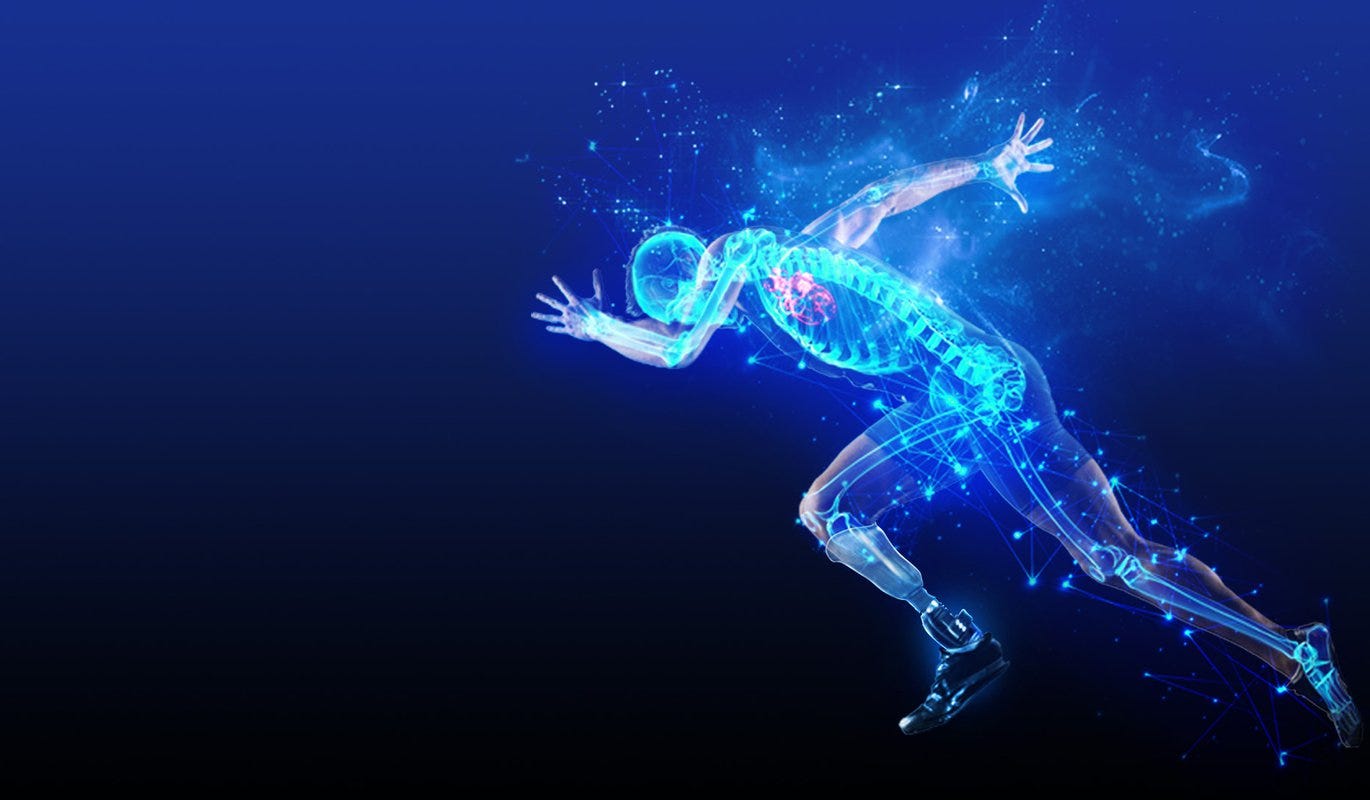
While Johnny Lubin received treatment as a guinea pig, it would cost anyone else millions of dollars to undergo the same treatment. This could lead to well-off nations rapidly out-evolving other parts of the globe, leaving wide social disparities between first-world superhumans and third-world undesirables.
It’s like competing against someone using steroids. If you don’t have the juice, you’re at a significant disadvantage, not only on the individual level but also on the world stage.
Point #5: Environmental Disruption
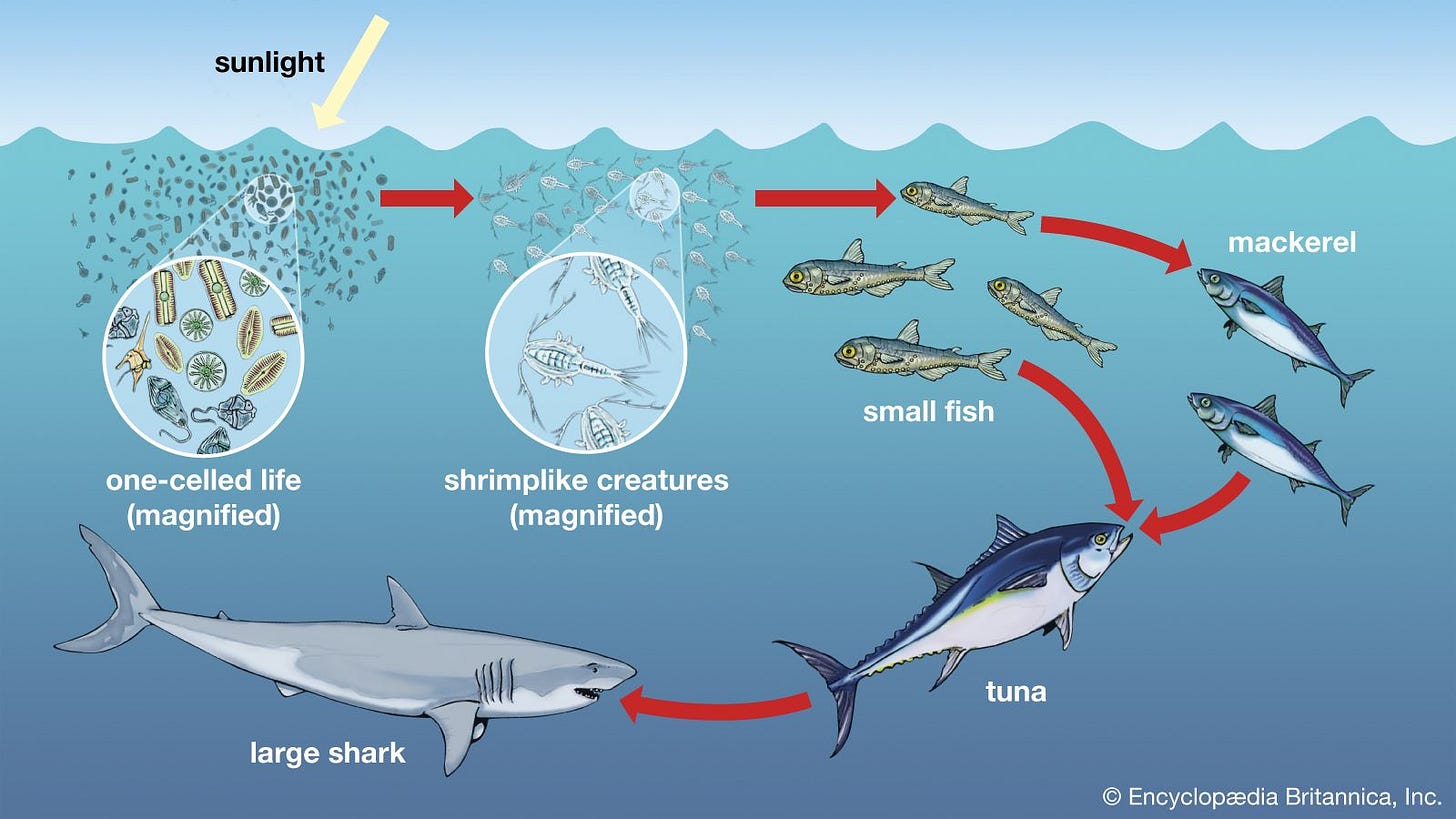
Just as meddling in the human genome can cause unintended consequences for people, there’s a large question mark on how CRISPR impacts genetically modified plants and animals as they continue breeding long-term.
Living organisms are designed for specific tasks in their environment, and altering their codes could potentially lead to significant, unforeseen negative consequences, such as impacting natural food chains.
There’s No Gene For The Human Spirit
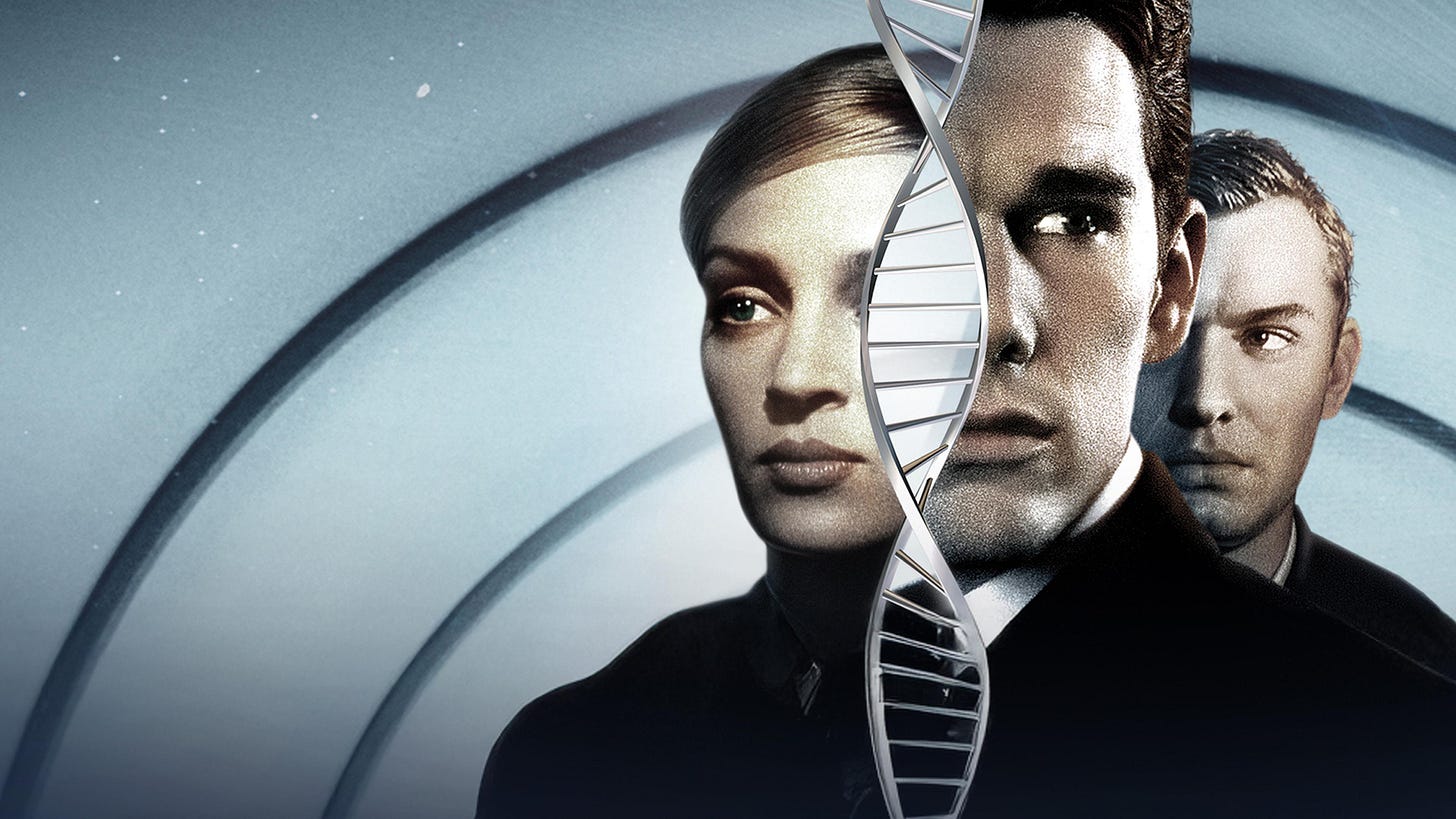
In Gattaca, Ethan Hawke’s character put himself through the wringer between leg-extension surgery and constantly faking blood and urine tests to cloak his real identity, but in the end, his efforts paid off.
In the final scene, Vincent perches himself on that rocket to Titan, having fooled everyone. He’s as good an astronaut as anyone, regardless of his DNA profile.
Of course, we can assume he’d be found out eventually, but the film did well to show how grit and determination can overcome tremendous odds.
The United States was designed with that spirit in mind: bust your ass and reap the rewards.
But if we wind up in a Gattaca-like world where it's not about our drive or hard work, but what our parents designed us to be, we lose free markets and dreams. People will do what they're designed to do, and anyone who strays from their predetermined tasks will be eliminated.
CRISPR and gene-editing technology show long-term promise in curing severe physical and mental disabilities, providing insurance against famine, and leading to a more comfortable life for more people overall.
Unfortunately, we don’t have the best track record when technology and ethics cross paths.
Social media was supposed to make us more connected, yet it’s divided us more than ever. Medical procedures and pharmaceuticals certainly saved lives, but also have a profit-driven dark side that’s become increasingly difficult to tame.
I hope to see more promising stories like Johnny Lubin’s, and I look forward to the technology becoming more accessible to others.
But given our ethical history, it’s hard for my imagination not to travel to the worst possible outcome, given what we’ve found over the past few years.
Of course, there’s nothing sinister about the microscopes and pipettes that make CRISPR possible, in the same way firearms aren’t responsible for murder.
The only question is, who's holding the gun?
GB
Meme of the Week
Brand of the Week: Byrna
Want to protect yourself and your family, but don’t feel comfortable carrying a firearm? Check out Byrna!
Headquartered in Andover, Massachusetts, Byrna offers less-lethal defense solutions with a top-tier CO2-powered handheld device that fires .68-caliber chemical irritant projectiles up to 60 feet, providing civilians, law enforcement, and security professionals with a powerful alternative to traditional firearms.
No background checks or permits required, and legal in all 50 states, shipped straight to your door!
Head over to www.byrna.com today to learn more!
American of the Week: Nick Bostic
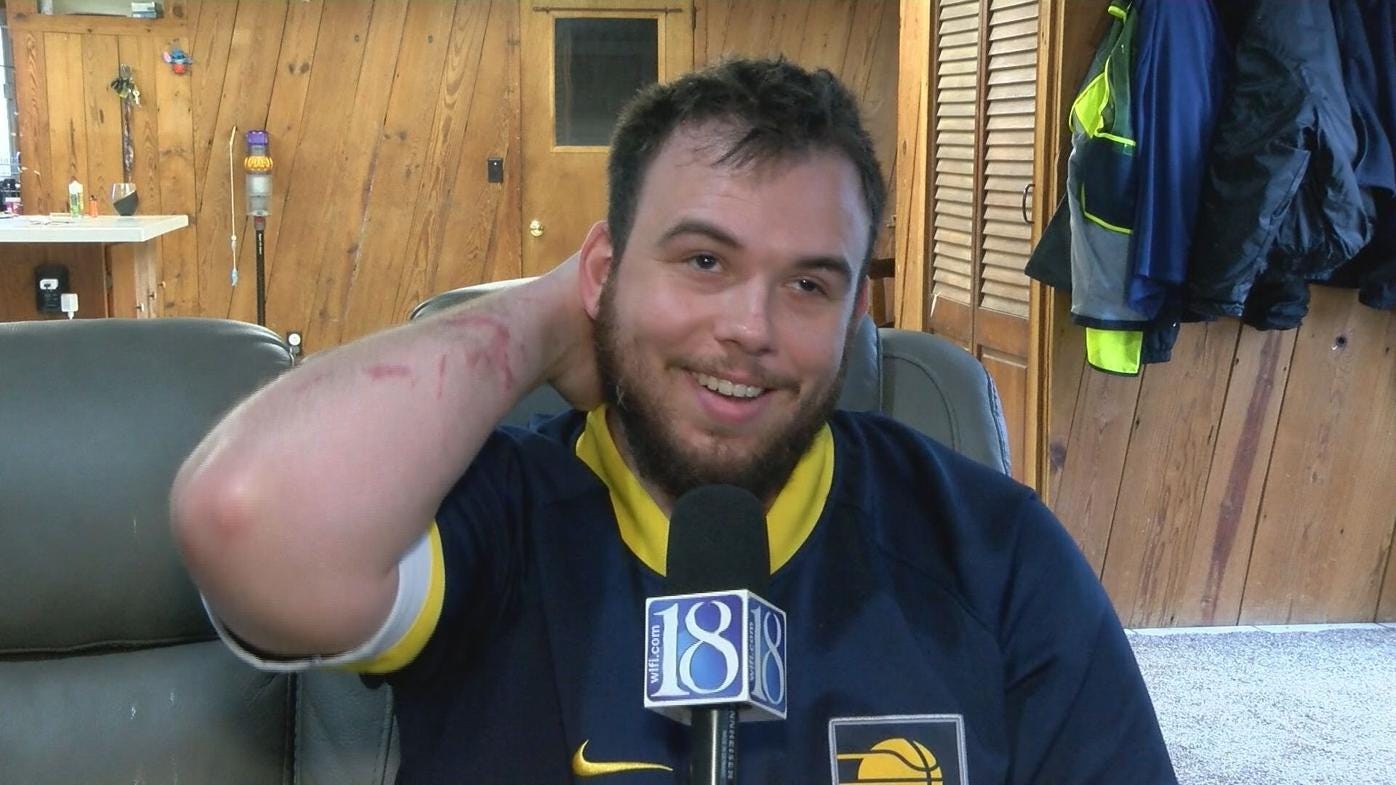
On July 11, 2022, Nicholas L. Bostic, a 25-year-old pizza delivery driver, saved five lives in Lafayette, Indiana, when he spotted a house engulfed in flames. Bostic entered the burning two-story home through the back door, rescuing an 18-year-old woman, her 20-month-old sister, and two 13-year-old girls from the second floor. Learning that a 6-year-old girl remained inside, he re-entered despite worsening conditions, navigating thick smoke and heat after an explosion.
Hearing her cries, Bostic found her near the living room, carried her upstairs, and jumped from a second-floor window after punching it out, injuring his arm. The girl sustained a leg injury but recovered, while Bostic was hospitalized for three days for severe burns and smoke inhalation. His bravery saved all five children.







![Amazon.com : Byrna SD [Self Defense] Kinetic Projectile Launcher Ultimate Bundle - Non Lethal , Home /Personal Defense (Black) | Proudly Assembled in The USA : Sports & Outdoors Amazon.com : Byrna SD [Self Defense] Kinetic Projectile Launcher Ultimate Bundle - Non Lethal , Home /Personal Defense (Black) | Proudly Assembled in The USA : Sports & Outdoors](https://substackcdn.com/image/fetch/$s_!mJnb!,w_1456,c_limit,f_auto,q_auto:good,fl_progressive:steep/https%3A%2F%2Fsubstack-post-media.s3.amazonaws.com%2Fpublic%2Fimages%2F15a0bd55-c830-49dc-9420-4411e6112991_650x350.jpeg)